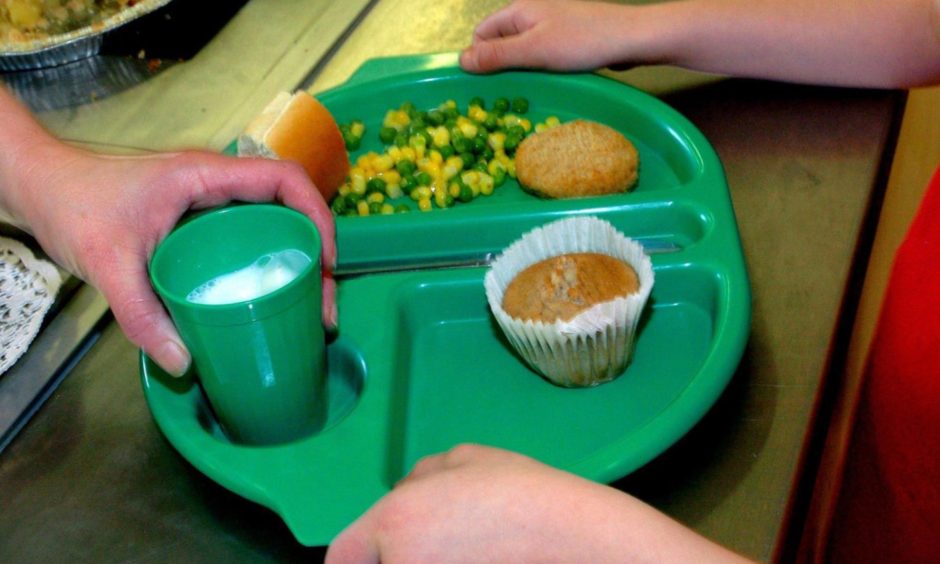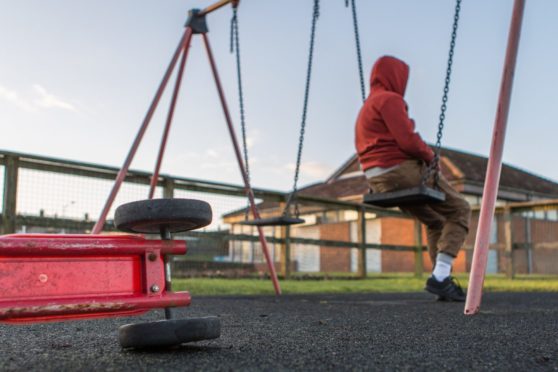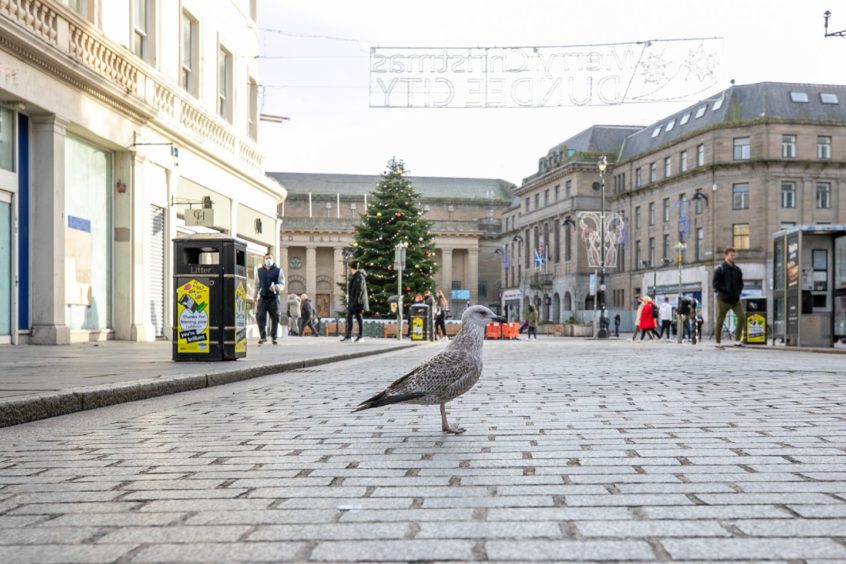The coronavirus pandemic has placed fresh focus on Scotland’s supply system ahead of the Scottish Parliament elections, as voters in Tayside and Fife highlight food and fuel poverty as key issues of concern.
A recent survey, commissioned by Nourish, a member of the Scottish Food Coalition, showed significant public support for legislation to transform Scotland’s food system.
Of those asked, 70% said they want to see the Good Food Nation Bill brought forward in the first year of the new Parliament.
The Bill would mean a joined-up approach to improving Scotland’s food system.
‘Many people face the twin burdens of poverty and ill health’
Despite manifesto commitments in 2016, and the Bill achieving cross-party support, it has been continually delayed.
The coalition argues that successive governments have failed to address fragmented food policy in Scotland, with government departments creating separate strategies according to different policy goals.
The group believes this approach does not recognise the impact that the food system has on poverty, health, climate and nature, and the interconnectedness of different areas of policy as they relate to food.

Professor Mary Brennan, chair of the Scottish Food Coalition, said: “The last year has shown how heavily society relies on our food system and it has emphasised the importance of building resilience within it.
“Many people face the twin burdens of poverty and ill health, whilst our natural resources, animals, and workforce are exploited.
“To reimagine the food system, so that everybody can access enough good food, we need to see that all these problems are connected and we need to question the very system that underpins our approach to food.
“Tinkering at the edges, or focusing on any one of these issues without consideration of the others, is not enough.
“These issues existed long before Covid-19, but the pandemic has shone a light on how vulnerable we really are.
“The election in May is the public’s chance to question candidates on their policies and ensure the issue is given its rightful place at the top of the political agenda.”
Key election issue
Fuel and food poverty were among the key issues raised in focus group research carried out by Survation to help inform our election manifesto.
One of the participants in the focus groups was Sammy, 21, a chef who lives in Dundee City Centre with his two flatmates.
He praised the city for having a welcoming feel but feels concerned about a growing divide between those living in the more affluent areas and those in the outskirts.
“The standard of living in the city centre is quite high,” Sammy said.
“I feel it’s a nice place to be. Whereas if you just go outside of the city centre, I don’t think the community is being supported as well as it should be, especially when you take into consideration the amount of funding and stuff getting set up down by the Waterfront and city centre.
“I think some of that funding should be pushed towards the outer community to really help them out a bit. I feel there is too much of a difference between the two parts of the city.”
Sammy said he would like to hear from politicians “just how they plan to get us out of this whole situation with the pandemic”.
“I want to see how they’re going to take the younger generations into consideration and how they can really help us. I feel it will be us that will be getting the most in the long run,” he added.
‘This isn’t right’
Meanwhile Vicky, a 56-year-old who works for Fife Council and lives in Rosyth with her husband and adult daughter, also raised concerns about poverty in her area.
She said: “The use of foodbanks is on the increase. More and more people are turning to poverty. We do have some wonderful charities working round here that are offering clothes, school uniform, we’ve got community cafes. But this isn’t right.
“Our country should not be in a state of poverty where they’re having to rely on other services so their children can eat or their kids can go to school.”

